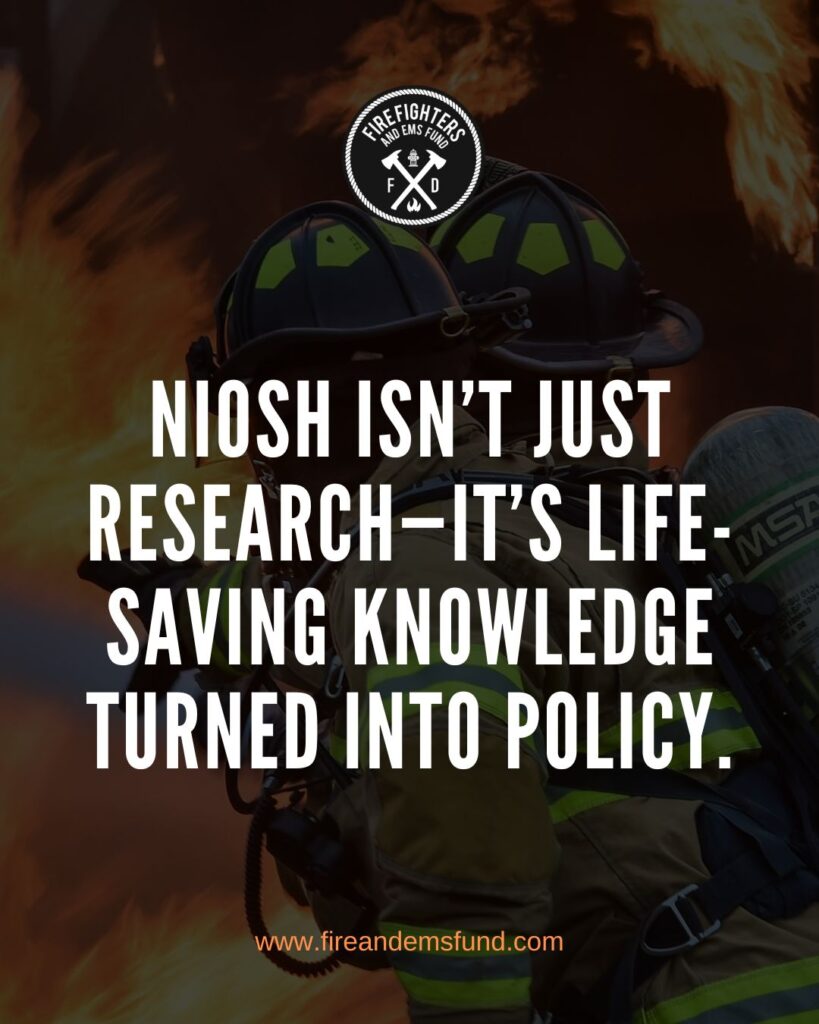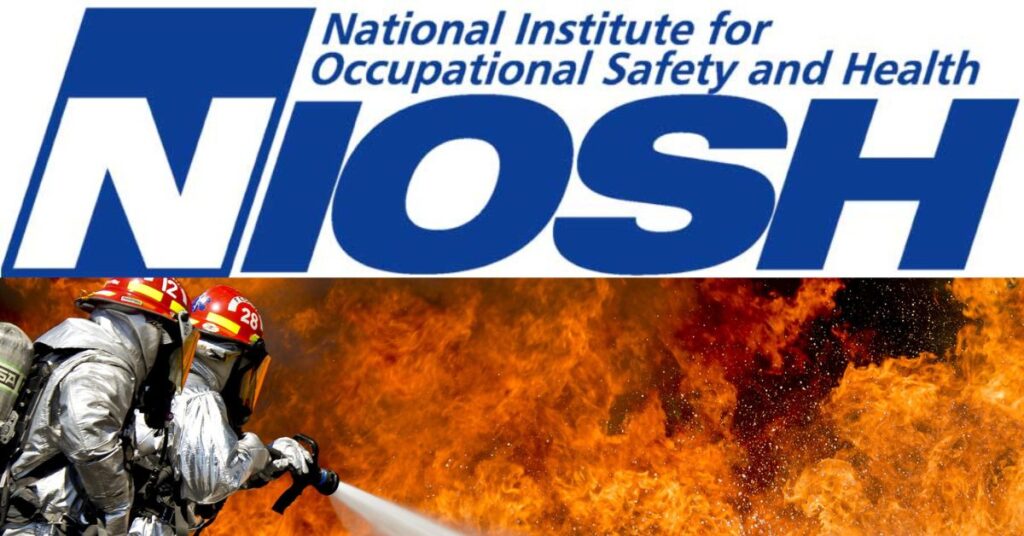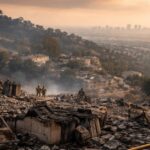The National Institute for Occupational Safety and Health (NIOSH) has been the cornerstone of firefighter health research for decades, driving evidence-based improvements in safety protocols, cancer prevention, and overall firefighter well-being. However, recent developments have sent shockwaves through the fire service community as hundreds of NIOSH employees have been laid off, threatening to halt critical research programs that protect those who protect us.
NIOSH Layoffs Spark Alarm in the Fire Service Community
In a devastating blow to firefighter safety research, hundreds of employees have been recently laid off from NIOSH, with rumors suggesting more layoffs are on the horizon. These cuts come at a critical moment when firefighter health research was finally gaining momentum and creating real-world impacts on firefighter safety practices nationwide.
The layoffs are part of a broader restructuring within the U.S. Department of Health and Human Services (HHS), which has impacted staffing for numerous occupational safety efforts. Several NIOSH programs that affect firefighter health and safety have been particularly hard hit, with some being completely shut down “indefinitely” due to a lack of staff or struggling to perform regular operations.
Why NIOSH Matters to Firefighter Health
The impact of these layoffs is already being felt across several critical programs that firefighters rely upon.
Currently, the most salient example is the NIOSH Fire Fighter Fatality Investigation and Prevention Program. This initiative is tasked with investigating line-of-duty deaths to prevent future tragedies. Now severely understaffed, this program has been instrumental in helping departments understand complex factors behind firefighter fatalities, particularly those related to cancer and cardiovascular events.
Even more alarmingly, the National Firefighter Registry for Cancer (NFR) website went offline in early April 2025. Now, users attempting to access the registration section are receiving a “Service Unavailable” message. NIOSH confirmed to industry publications that the program was shut down indefinitely, as there is no support staff left to manage it. The registry had collected data from approximately 23,000 firefighters nationwide with the goal of better understanding the link between firefighting and cancer.
The NFR wasn’t just another database; it was established through an Act of Congress and signed into law by President Trump after years of advocacy and education. Its development represented unprecedented collaboration among major fire service organizations. With the registry offline, firefighters cannot register, update their information, or track their exposures, effectively wasting millions of dollars and thousands of hours dedicated to its development.
Beyond these high-profile programs, NIOSH has been leading crucial research on workplace exposure to carcinogens. Over the past decade, these studies have led to significant improvements in understanding cancer risks, cardiovascular disease, reproductive health, sleep issues, and behavioral health concerns specific to firefighters. Now, we may not be able to act on these findings.

The Broader Implications for Public Safety
The consequences of these cuts extend far beyond immediate program shutdowns. Without continued research, departments may lose access to the evidence they need to make informed decisions about safety protocols, equipment purchases, and health interventions.
As retired FDNY Chief of Safety Frank Leeb, current manager of the First Responder Center for Excellence, noted: “Many firefighters may not be familiar with the researcher or the researchers, but every firefighter has certainly benefited from their tireless work. Throughout my career, I have frequently utilized research to inform policy or secure funding.”
FEMA funding for studies already in progress is reportedly slowing down, with reimbursements for costs exceeding the contractual 30-day payment window. Research teams are being encouraged to explore funding options for other topics and populations, and the latest Notice of Funding Opportunity (NOFO) for research has been halted indefinitely.
Why the Firefighters and EMS Fund is Paying Attention
As an organization dedicated to advocating for the health and safety of America’s firefighters, we find these developments deeply concerning. The collapse of critical CDC firefighter programs represents a significant step backward in our national commitment to protecting those who run toward danger while others run away.
The Firefighters and EMS Fund believes strongly that we cannot allow this vital research to end without a fight. We join the Congressional Fire Services Institute and other advocacy organizations in urging firefighters and concerned citizens to contact their congressional representatives and demand the restoration of congressionally authorized fire service-related programs and their corresponding appropriated funds.
The culture shift toward evidence-based practices, which has been building momentum, must continue. Our firefighters deserve nothing less.







